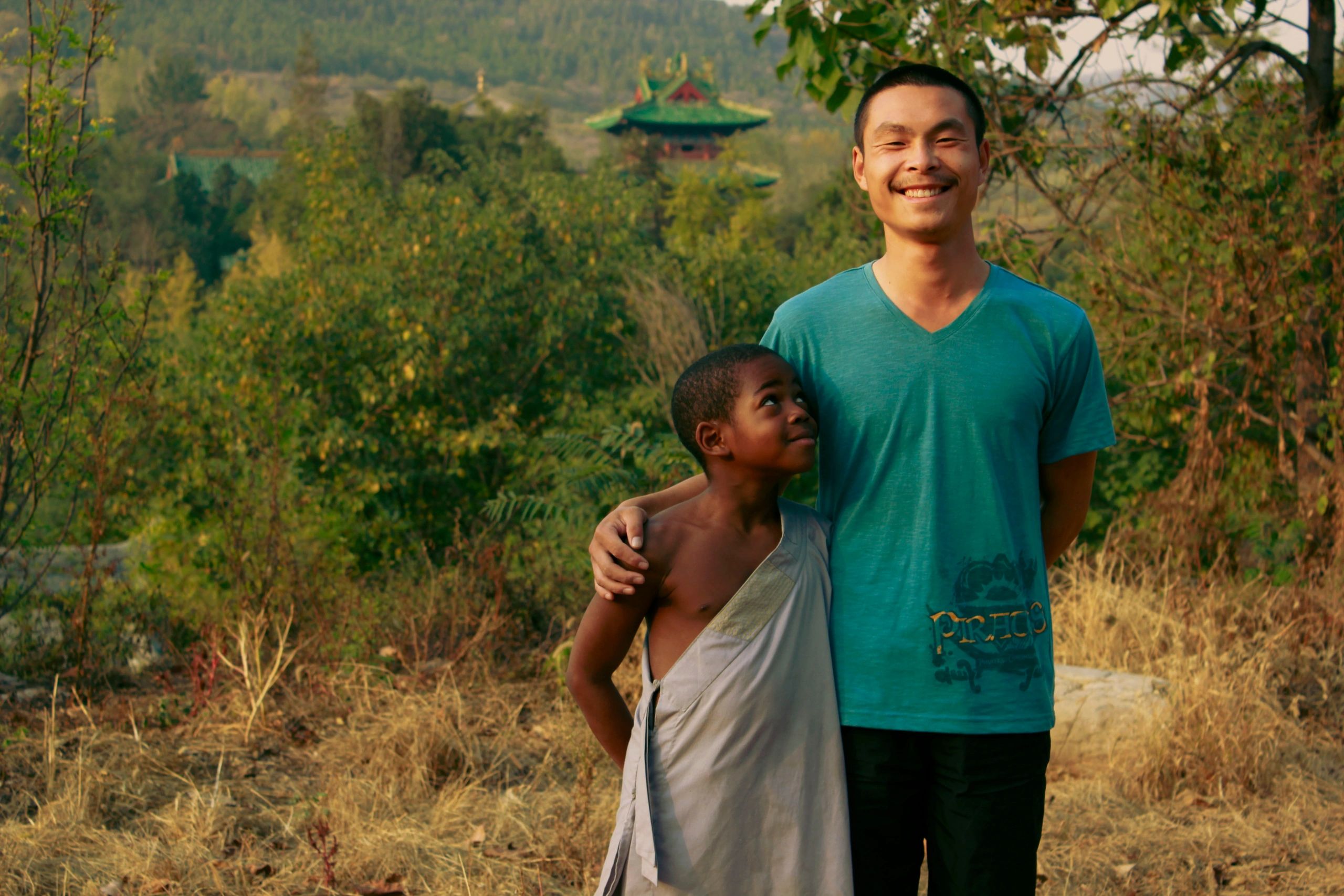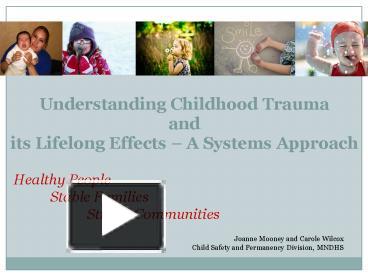Understanding Historical Trauma

Defining Historical Trauma

Historical trauma, also known as intergenerational trauma or transgenerational trauma, refers to the emotional and psychological impact that a traumatic event or series of events has on a community or family across multiple generations. This type of trauma is not limited to the individuals who directly experienced the traumatic event but can be passed down through generations, affecting the lives of their descendants.
Causes of Historical Trauma

Historical trauma can be caused by various factors, including:
- Mass violence and genocide: Events like the Holocaust, the Armenian Genocide, and the Rwandan Genocide have left deep scars on the affected communities.
- Colonization and slavery: The legacy of colonialism and slavery continues to affect the lives of people of color, particularly in the Americas, Africa, and Asia.
- War and conflict: Prolonged exposure to war and conflict can lead to intergenerational trauma, as seen in the cases of Vietnam, Cambodia, and Bosnia.
- Forced assimilation and cultural suppression: The forced suppression of indigenous cultures, languages, and traditions has resulted in historical trauma for many Native American communities.
Effects of Historical Trauma

The effects of historical trauma can be far-reaching and devastating. Some common effects include:
- Anxiety and depression: Historical trauma can lead to increased rates of anxiety and depression among affected communities.
- Substance abuse: The trauma can also contribute to substance abuse and addiction.
- Intergenerational conflict: Historical trauma can create conflict between generations, as younger members may struggle to understand the experiences of their ancestors.
- Loss of cultural identity: The suppression of cultural practices and traditions can lead to a loss of cultural identity and a disconnection from one’s heritage.
Breaking the Cycle of Historical Trauma

Breaking the cycle of historical trauma requires a multifaceted approach that involves:
- Acknowledgment and recognition: Acknowledging the traumatic event and its impact on the affected community is crucial in the healing process.
- Education and awareness: Educating people about the historical trauma and its effects can help raise awareness and promote empathy.
- Community-based initiatives: Community-based initiatives, such as cultural revitalization programs and traditional healing practices, can help promote healing and recovery.
- Individual therapy and counseling: Individual therapy and counseling can help individuals process their emotions and work through their trauma.
📝 Note: The healing process for historical trauma is complex and requires a long-term commitment to recovery. It's essential to approach this process with sensitivity and respect for the affected community.
Examples of Historical Trauma

- The Native American Boarding School Experience: The forced assimilation of Native American children through boarding schools has resulted in historical trauma for many Native American communities.
- The Legacy of Slavery in the United States: The legacy of slavery continues to affect the lives of African Americans, contributing to ongoing racial disparities and social injustices.
- The Holocaust and its Impact on Jewish Communities: The trauma of the Holocaust continues to affect Jewish communities worldwide, with many families still grappling with the loss and trauma inflicted by the Nazi regime.
Conclusion

Historical trauma is a complex and multifaceted issue that requires a comprehensive approach to healing and recovery. By acknowledging the traumatic event, educating people about its impact, and promoting community-based initiatives, we can begin to break the cycle of historical trauma and promote healing and recovery for affected communities.
What is historical trauma?

+
Historical trauma refers to the emotional and psychological impact that a traumatic event or series of events has on a community or family across multiple generations.
How is historical trauma passed down through generations?

+
Historical trauma can be passed down through generations through various means, including storytelling, cultural practices, and even epigenetic changes.
What are some examples of historical trauma?

+
Examples of historical trauma include the Native American Boarding School Experience, the Legacy of Slavery in the United States, and the Holocaust and its Impact on Jewish Communities.